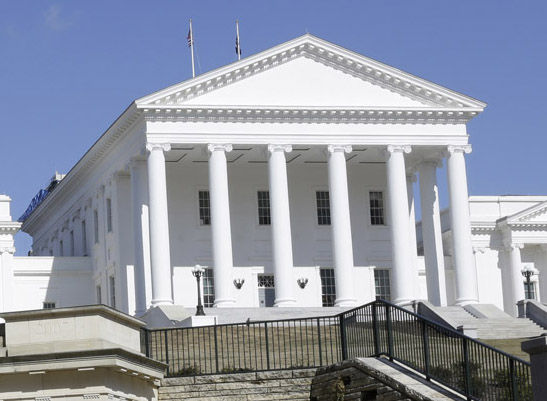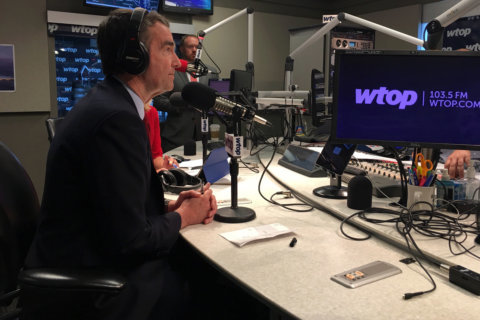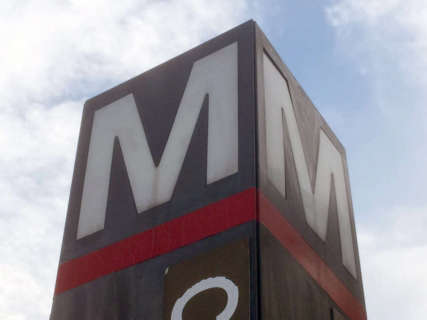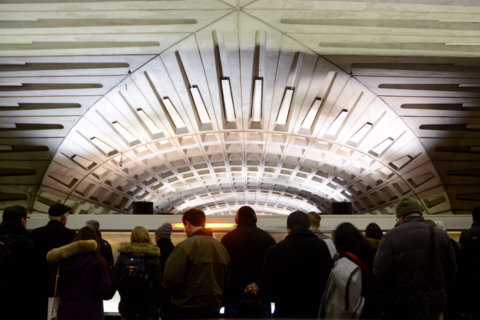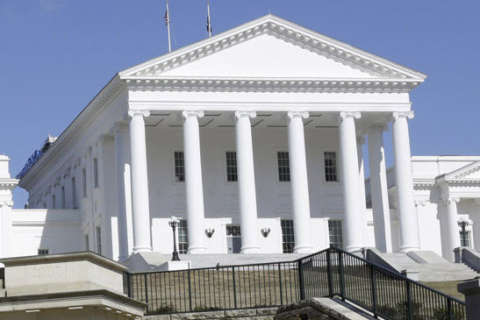
WASHINGTON — As Virginia’s General Assembly meets for its annual reconvened session Wednesday, the proposal for new dedicated funding for Metro ranks among the key issues.
The current bill provides $154 million more per year, mainly from money that today goes to Northern Virginia transportation projects, including, at times, Metro.
Gov. Ralph Northam sent amendments on the bill, along with 52 others, back to the General Assembly for consideration.
Northam also vetoed 10 bills, including a bill that would have given significant local property tax cuts to two country clubs in Arlington. Lawmakers can hold veto-override votes on Wednesday.
The reconvened session is separate from the ongoing special session aimed at resolving a state budget standoff.
The amendments on the Metro funding bill would raise a tax on hotel stays in jurisdictions served by or soon to be served by Metro from 2 to 3 percent. That idea was in the bill originally passed by the Senate; the tax increases were stripped out in talks with the House to ensure that some version of the bill got through.
A real estate transfer tax known as the Grantor’s Tax would also be raised in Arlington, Alexandria, Falls Church, Fairfax County, Loudoun County and Fairfax City, but only by 5 cents per $100 of assessed value rather than the 10 cents that had been proposed this winter.
The tax increases would mean less money would be taken from other Northern Virginia transportation projects for the Metro funding deal — a change that has drawn support from local government officials of each party.
Local leaders still believe the state government should contribute more, but recognize that will not happen this year.
The General Assembly can agree to each of the amendments, which would allow them to become law, or reject some or all of them, which would send the original bill back to Northam for his signature.
The $154 million is Virginia’s share of $500 million per year in additional annual capital funding for Metro based on existing formulas tied to the number of stations, miles of tracks and population among other things.
Maryland’s General Assembly approved its share of $167 million per year; D.C. Mayor Muriel Bowser has already signed a bill promising the District’s share of $178 million.
Board changes
The various funding bills include a series of restrictions on Metro, including limits on annual subsidy increases and changes to how the Metro Board operates.
Northam has asked the General Assembly to clarify Wednesday that a restriction in the Virginia bill would prohibit alternate board members from participating in any Metro board or committee meeting if their jurisdiction’s main members are present.
Such a change would mean the active members at regular board meetings would only be the two Maryland members appointed by that state’s governor, a D.C. Councilmember, an appointee of D.C.’s mayor, an appointee of Virginia’s governor, one local Northern Virginia elected official and two federal appointees.
Alternate members include two other Northern Virginia elected officials, an appointee of each Montgomery and Prince George’s counties, two other D.C. appointees, and two other federal appointees.

